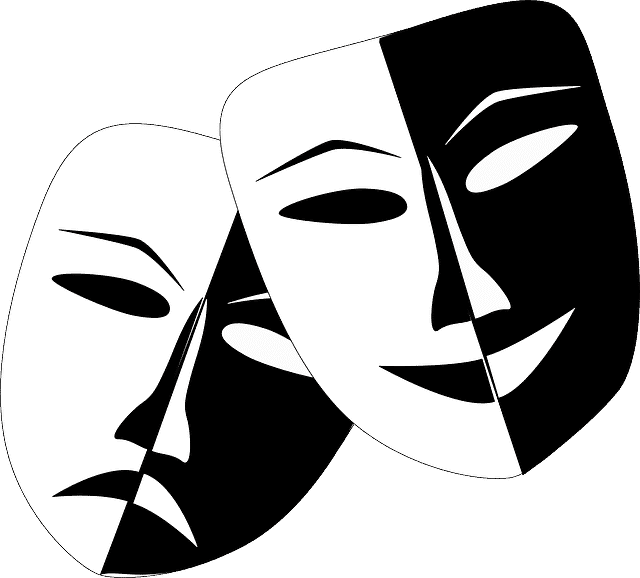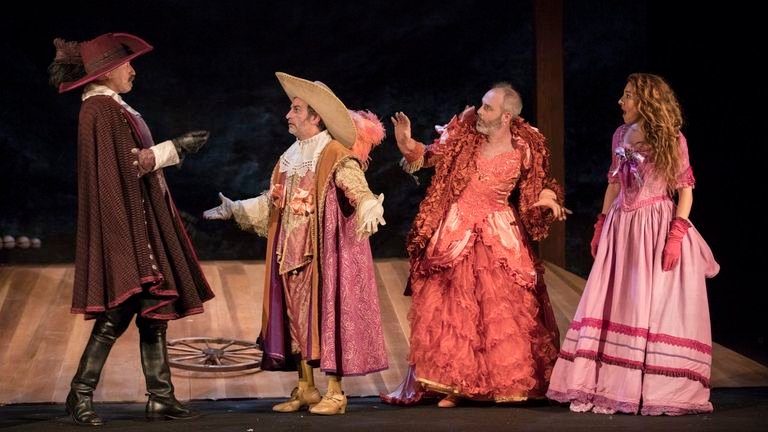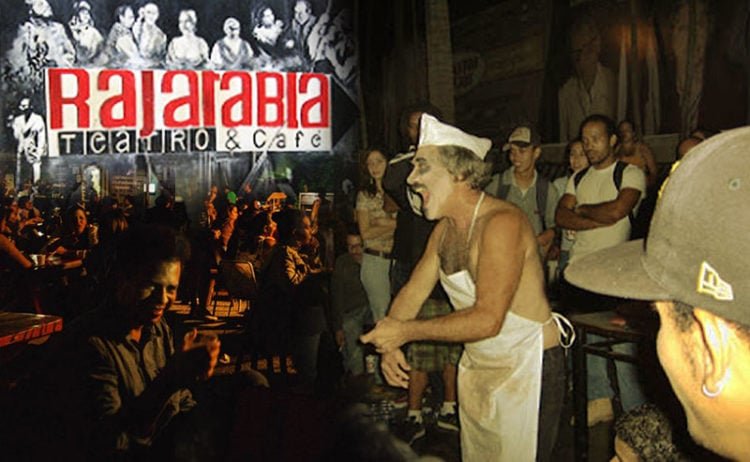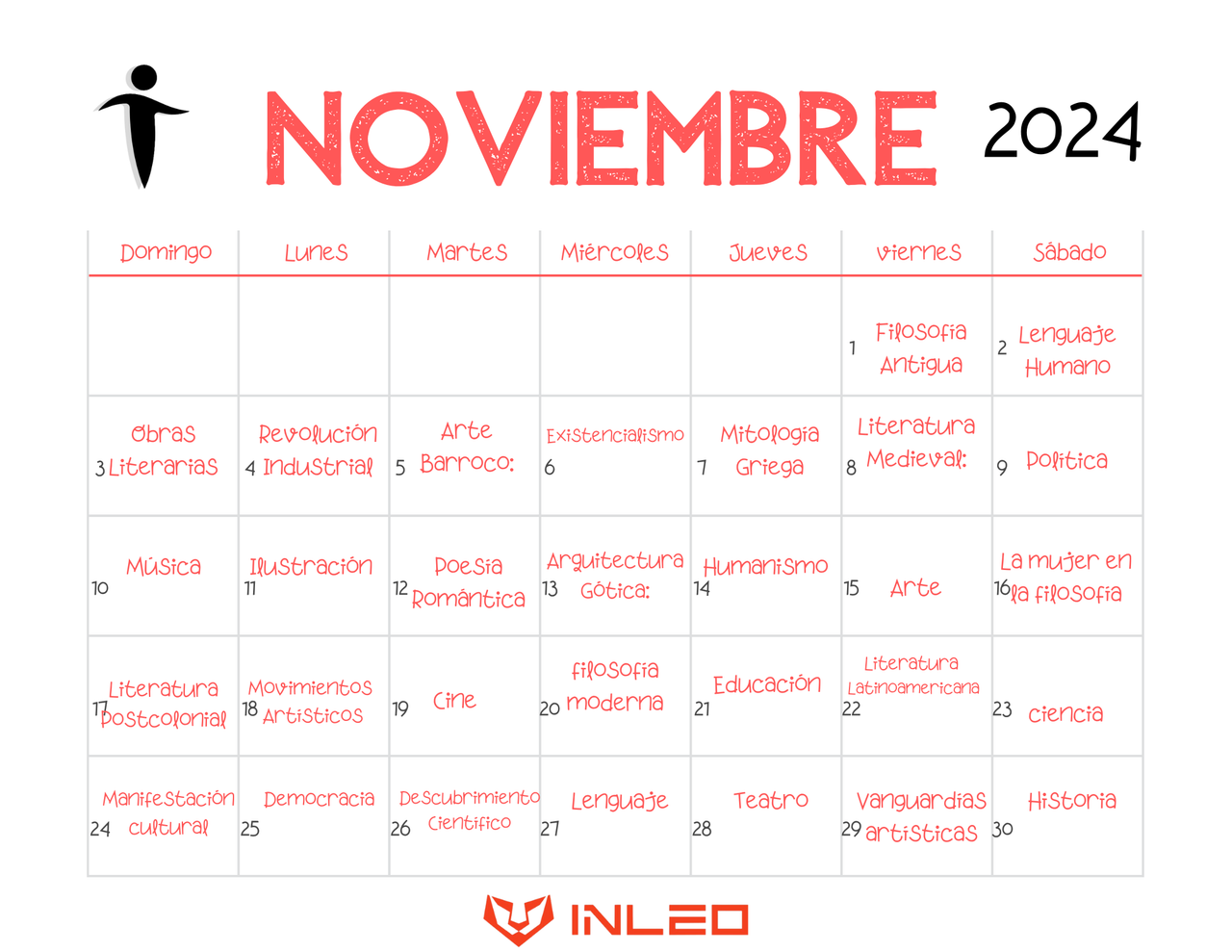[Eng./Esp.] ᖴᖇOᗰ ᕮ᙭ᑕᒪᑌSIᐯᕮ TO IᑎᑕᒪᑌSIᐯᕮ TᕼᕮᗩTᖇᕮ. || ᗪᕮᒪ TᕮᗩTᖇO ᕮ᙭ᑕᒪᑌSIᐯO ᗩᒪ IᑎᑕᒪᑌSIᐯO.
Si prefieres la versión en español, haz clic en el siguiente enlace 👉 AQUÍ
ᖴᖇOᗰ ᕮ᙭ᑕᒪᑌSIᐯᕮ TO IᑎᑕᒪᑌSIᐯᕮ TᕼᕮᗩTᖇᕮ
In the fourth and fifth years of high school, I was part of a theatre group, discovering my love for theatre. Many years ago I was part of the theatre group ‘Rajatabla’, when I was a student at the Universidad Central de Venezuela (1984), Rajatabla would later become "The Fundation Rajatabla’, separate from the Ateneo of Caracas. Since then he has been captivated by the richness of classical plays and their enduring influence on modern drama. Classical theatre, with its roots in Ancient Greece, and Rome, was once a spectacle intended primarily for high society. It was a place where the elite could enjoy engaging dramas and witty comedies, reveling in the complexity of the plots and the skill of the actors.
The lessons of classical theatre are still incredibly relevant today. One of the main lessons is the importance of narrative structure. Works such as the tragedies of Sophocles or the comedies of Aristophanes formulated narrative models that are still in use today. The idea of catharsis, for example, remains a central goal in dramaturgy. Classical theatre also taught us about the exploration of universal themes. Love, power, justice, betrayal, and fate are themes that continue to resonate in contemporary theatre, demonstrating that although the world has changed, human nature remains constant.

However, one of the most fascinating aspects of modern theatre is how it has evolved to include all levels of society. Unlike classical theatre, which mainly entertained the aristocracy, modern theatre has been democratised. Today, theatre is accessible to all, and the stories told reflect a wide range of human experiences. This inclusivity is one of the true achievements of contemporary theatre.
Moreover, modern theatre seeks not only to entertain, but also to criticise and reflect on society. The critical function of theatre has grown significantly, serving as a platform to question and challenge social and political norms. Works by modern playwrights such as Bertolt Brecht and Augusto Boal seek not only to represent reality, but also to transform it. This critical and participatory approach was not common in classical theatre, which marks a fundamental difference in the purpose and scope of theatre.

Classical theatre, though initially exclusive, left us a legacy of artistic and technical excellence. Its lessons on character construction, dramatic tension and the importance of dialogue are enduring. But the real breakthrough of modern theatre has been its ability to include and resonate with people from all walks of life. In doing so, it has not only democratised access to the art form, but also enriched the theatrical narrative, echoing a diversity of voices and experiences.
Memories as a university student that I will never forget. In the end, classical theatre has bequeathed us valuable lessons about structure and universal themes, but modern theatre has expanded these principles to include everyone, using art as a tool for social critique and transformation. This is a real achievement, demonstrating that theatre remains a vital and relevant force in our society. Theatre's ability to evolve and adapt to modern times ensures that it will continue to be a source of inspiration and reflection for future generations.
You are cordially invited to participate. A theme for each day. It is a proposal of the #humanitas Community. In the following links you will find all the necessary information. We are waiting for you… @silher, @chironga67, and @atreyuserver.
INITIATIVE: A theme for everч dαч (November 2024)

CREDITS:
Dedicɑted to ɑll those poets who contɾibute, dɑγ bγ dɑγ, to mɑke ouɾ plɑnet ɑ betteɾ woɾld.


ᗪᕮᒪ TᕮᗩTᖇO ᕮ᙭ᑕᒪᑌSIᐯO ᗩᒪ IᑎᑕᒪᑌSIᐯO
En Cuarto y Quinto Año de Bachillerato, formé parte de una agrupación teatral, descubre mi amor por el teatro. Hace muchos años fui parte de la Agrupación Teatral “Rajatabla”, cuando era estudiante de la Universidad Central de Venezuela (1984), ya Rajatabla pasaría a ser “La Fundación Rajatabla”, separada del Ateneo de Caracas. Desde entonces ha sido cautivado por la riqueza de las obras clásicas y su influencia perdurable en la dramaturgia moderna. El teatro clásico, con sus raíces en la antigua Grecia y Roma, fue en su tiempo un espectáculo destinado principalmente a la alta sociedad. Era un espacio donde la élite podía disfrutar de dramas atractivos y comedias ingeniosas, deleitándose en la complejidad de las tramas y la destreza de los actores.
Las lecciones del teatro clásico siguen siendo increíblemente relevantes hoy en día. Una de las principales enseñanzas es la importancia de la estructura narrativa. Obras como las tragedias de Sófocles o las comedias de Aristófanes formularon modelos narrativos que aún se utilizan. La idea de la catarsis, por ejemplo, sigue siendo un objetivo central en la dramaturgia. El teatro clásico también nos enseñó sobre la exploración de temas universales. El amor, el poder, la justicia, la traición y el destino son temas que siguen resonando en el teatro contemporáneo, demostrando que, aunque el mundo ha cambiado, la naturaleza humana sigue siendo constante.

Sin embargo, uno de los aspectos más fascinantes del teatro moderno es cómo ha evolucionado para incluir a todos los niveles sociales. A diferencia del teatro clásico, que entretenía principalmente a la aristocracia, el teatro moderno se ha democratizado. Hoy en día, el teatro es accesible para todos, y las historias que se cuentan reflejan una amplia gama de experiencias humanas. Esta inclusividad es uno de los verdaderos logros del teatro contemporáneo.
Además, el teatro moderno no solo busca entretener, sino también criticar y reflexionar sobre la sociedad. La función crítica del teatro ha crecido significativamente, sirviendo como una plataforma para cuestionar y desafiar las normas sociales y políticas. Obras de dramaturgos modernos como Bertolt Brecht y Augusto Boal no solo buscan representar la realidad, sino también transformarla. Este enfoque crítico y participativo no era común en el teatro clásico, lo que marca una diferencia fundamental en la finalidad y el alcance del teatro.

El teatro clásico, aunque inicialmente exclusivo, nos dejó un legado de excelencia artística y técnica. Sus lecciones sobre la construcción de personajes, la tensión dramática y la importancia del diálogo son enseñanzas imperecederas. Pero el verdadero avance del teatro moderno ha sido su capacidad para incluir y resonar con personas de todas las clases sociales. Al hacerlo, no solo se ha democratizado el acceso al arte, sino que también se ha enriquecido la narrativa teatral, haciendo eco de una diversidad de voces y experiencias.
Recuerdos de estudiante universitario que nunca olvidaré. En fin, el teatro clásico nos ha legado valiosas lecciones sobre la estructura y los temas universales, pero el teatro moderno ha ampliado estos principios para incluir a todos, utilizando el arte como una herramienta de crítica social y transformación. Este es un verdadero logro, demostrando que el teatro sigue siendo una fuerza vital y relevante en nuestra sociedad. La capacidad del teatro para evolucionar y adaptarse a los tiempos modernos asegura que continuará siendo una fuente de inspiración y reflexión para las generaciones futuras.
Estás cordialmente invitado a participar. Un tema para cada día. Es una propuesta de la Comunidad #humanitas. En el siguiente enlaces encontrarás toda la información necesaria. Te esperamos… @cirangela, @felpach, y @lauril.
INICIATIVA: Un temα pαrα cαdα dı́α (Noviembre 2024)

Dedicɑdo ɑ todos ɑquellos que contɾibuγen, díɑ ɑ díɑ, ɑ hɑceɾ de nuestɾo plɑnetɑ, un mundo mejoɾ.


Dedicɑdo ɑ todos ɑquellos que contɾibuγen, díɑ ɑ díɑ, ɑ hɑceɾ de nuestɾo plɑnetɑ, un mundo mejoɾ.

